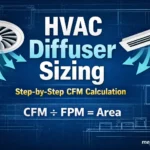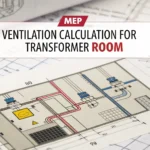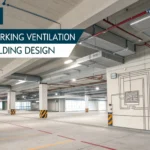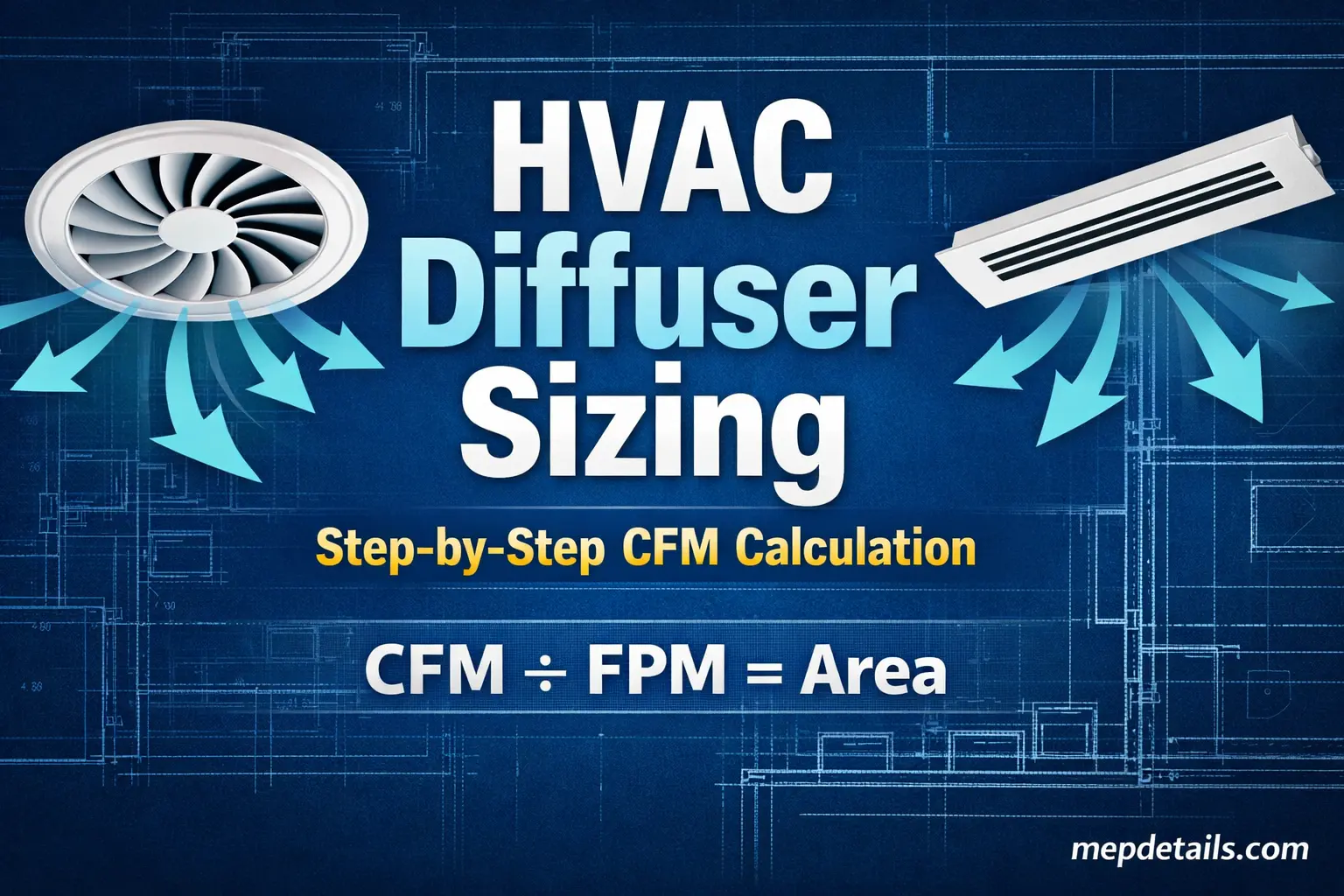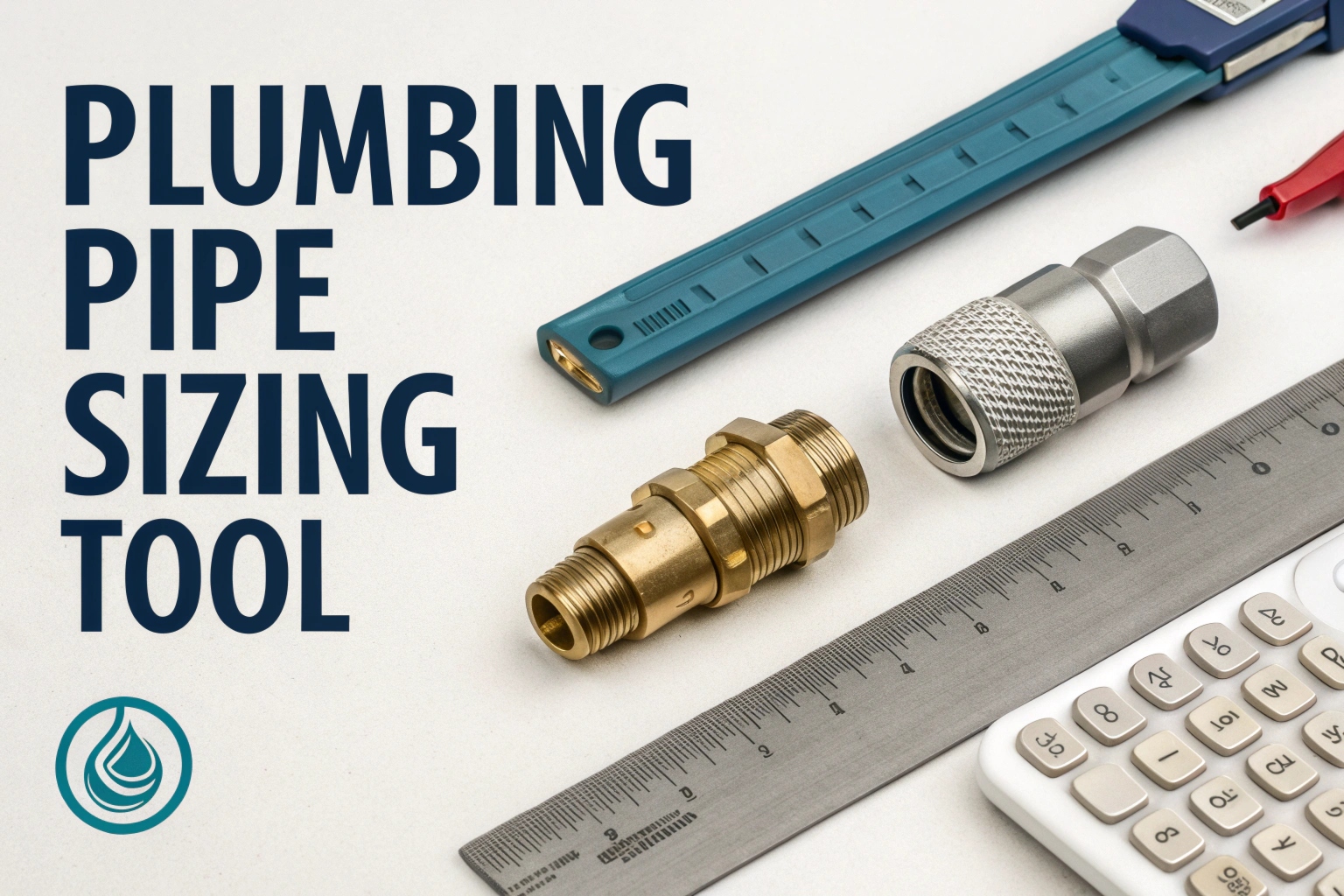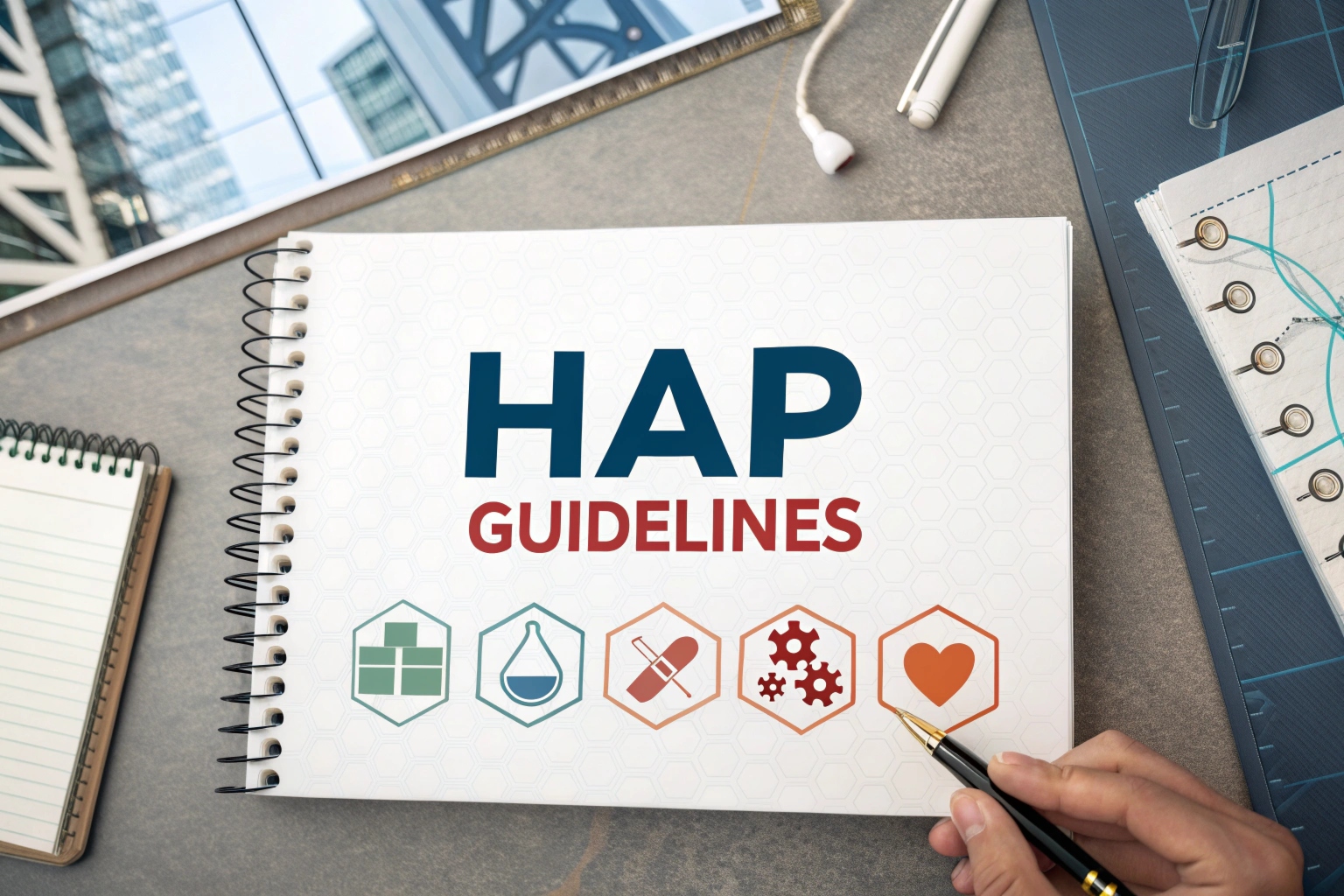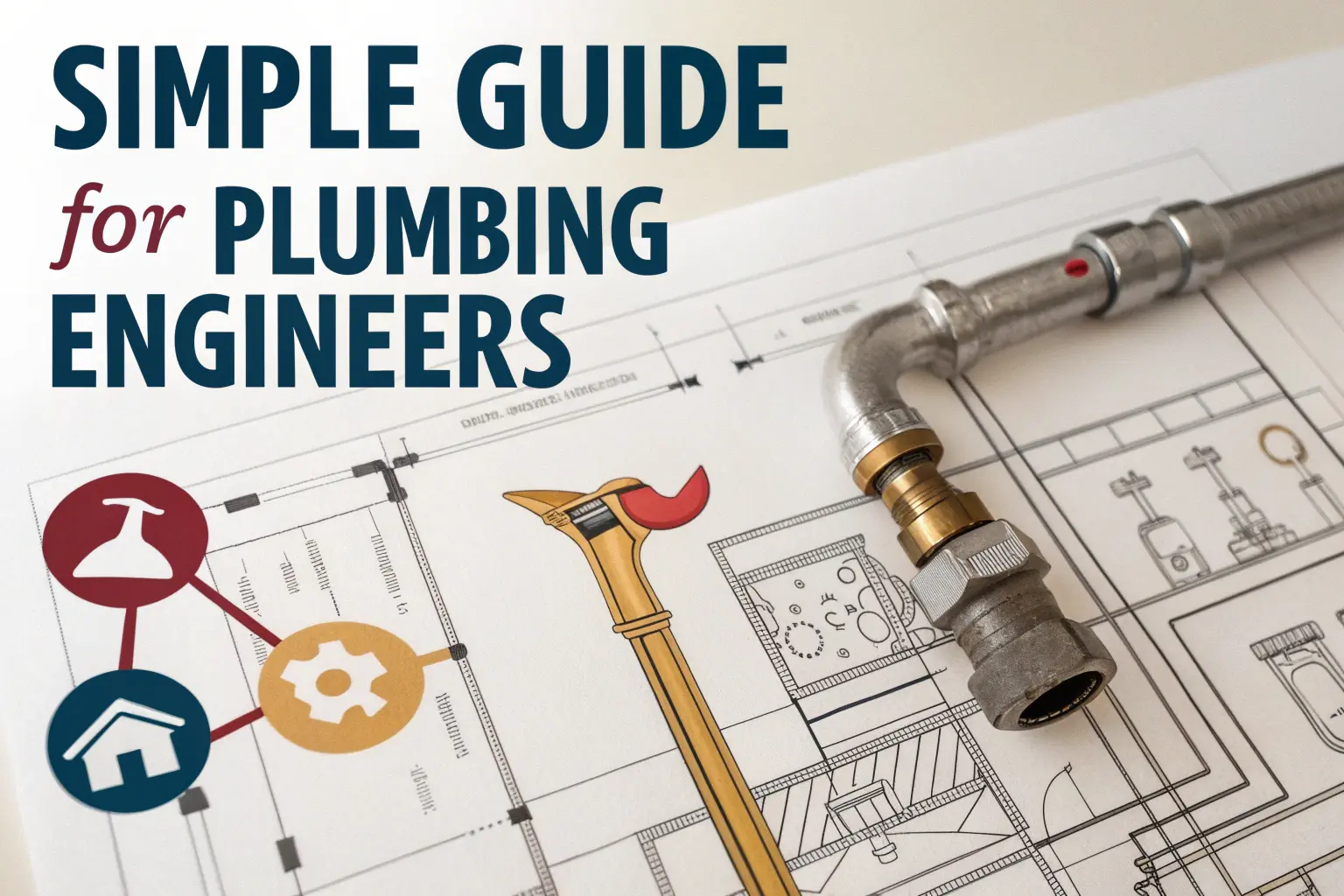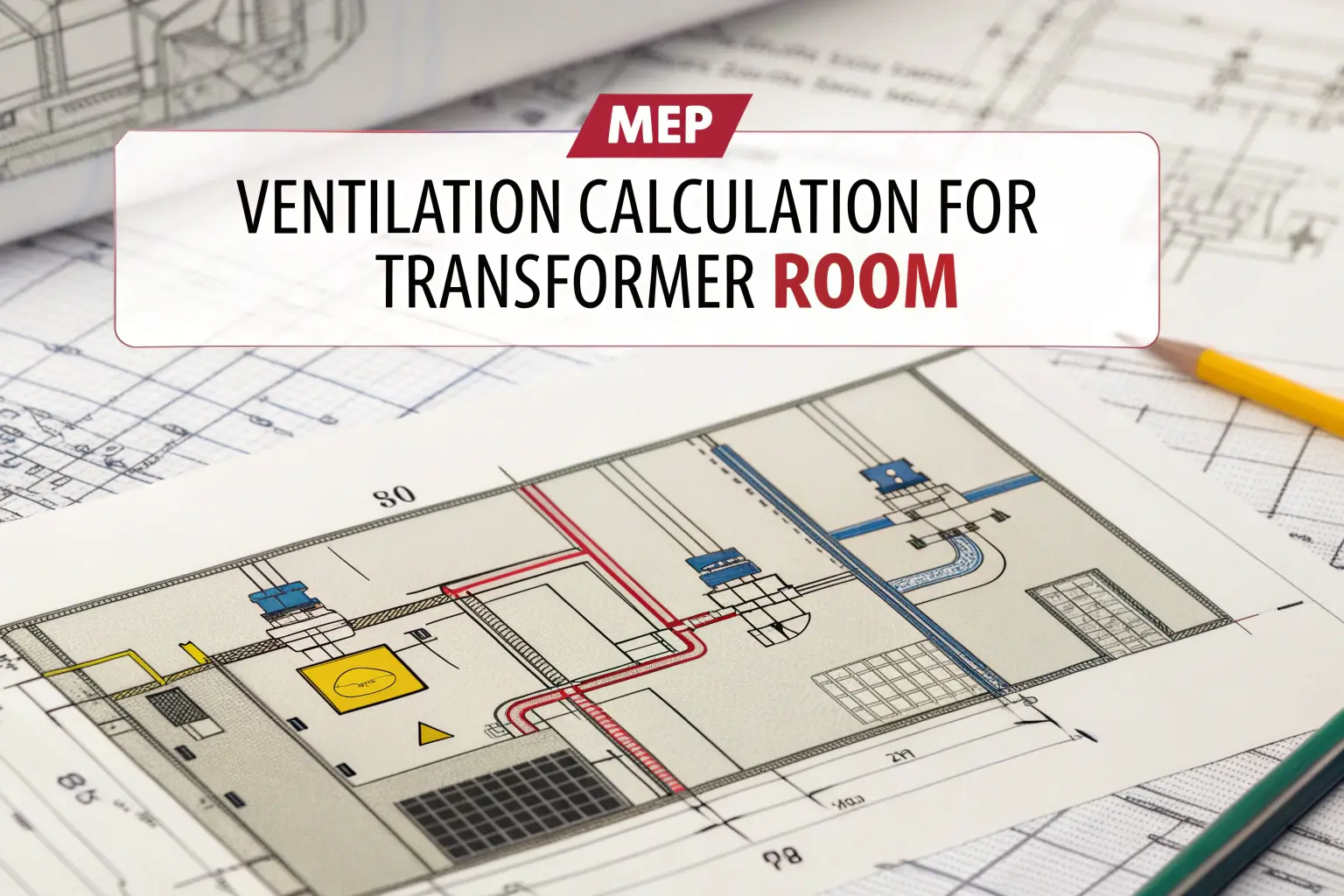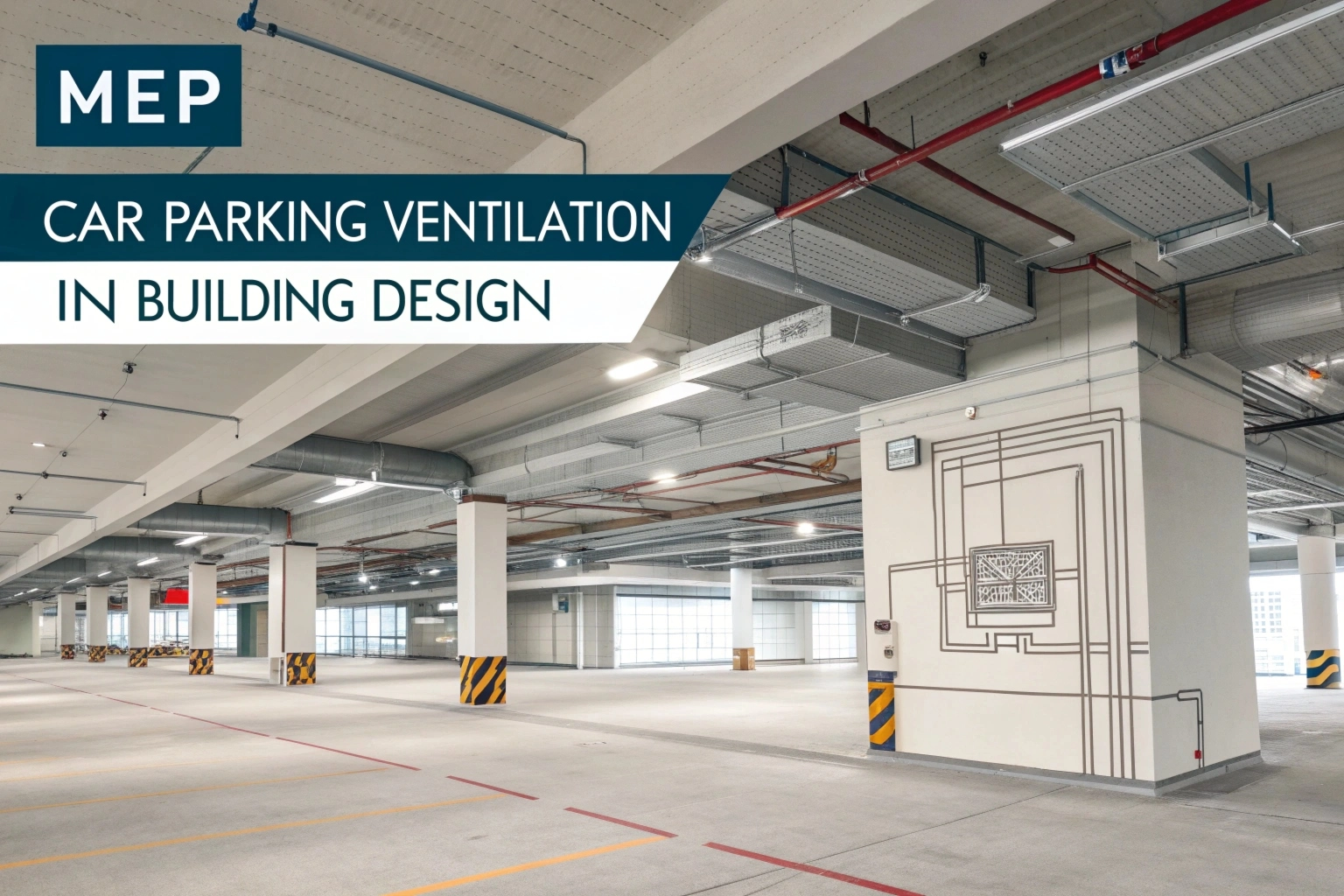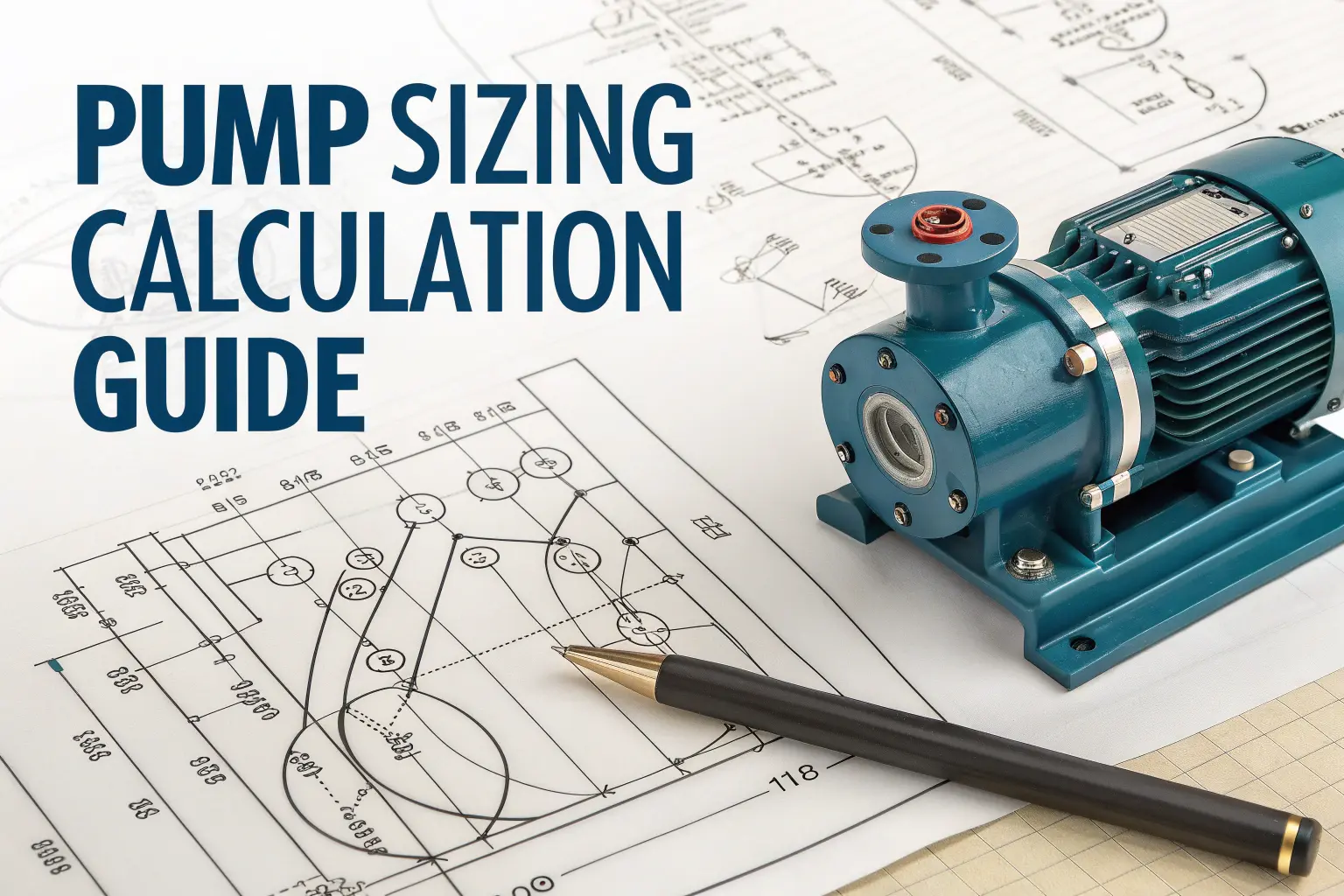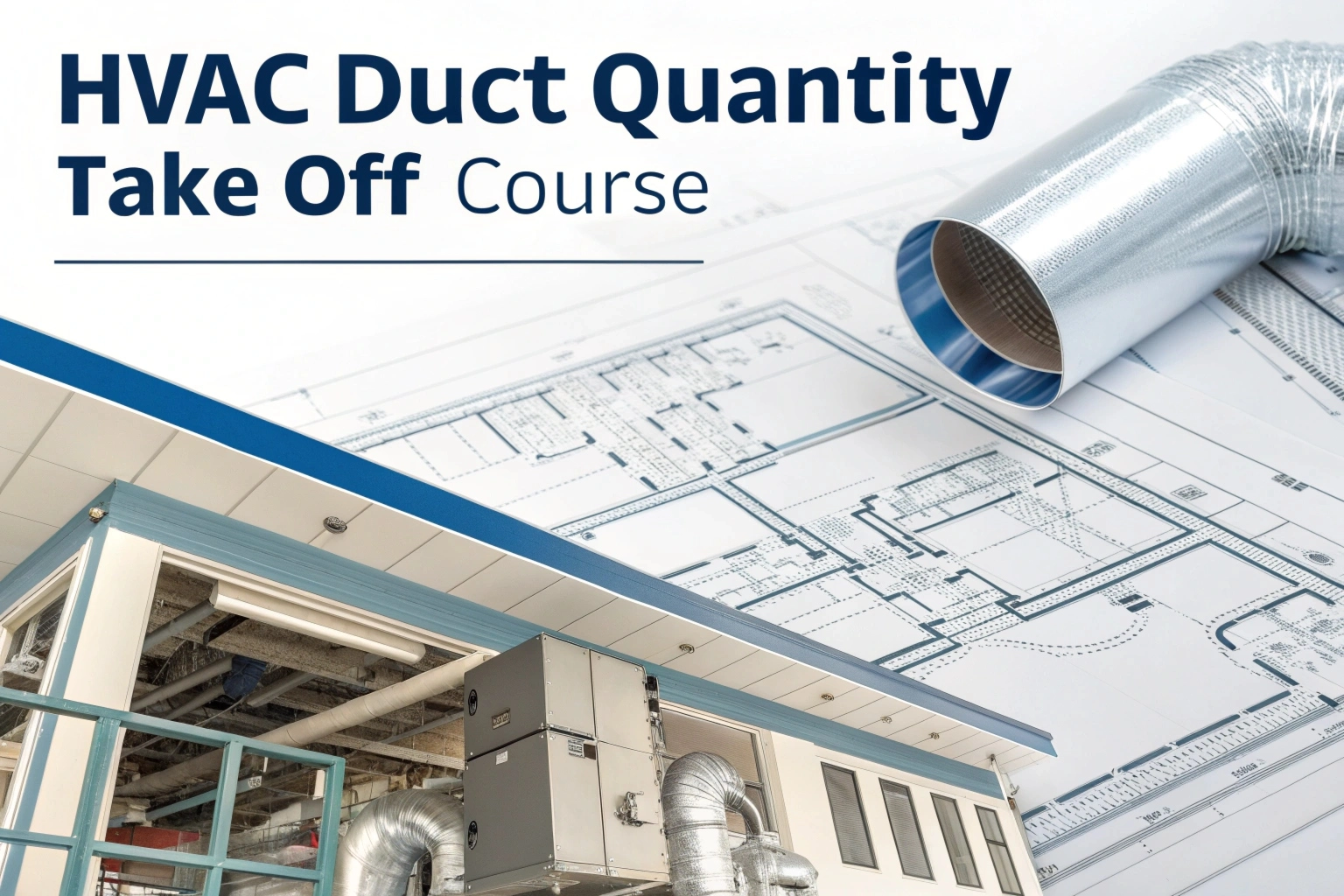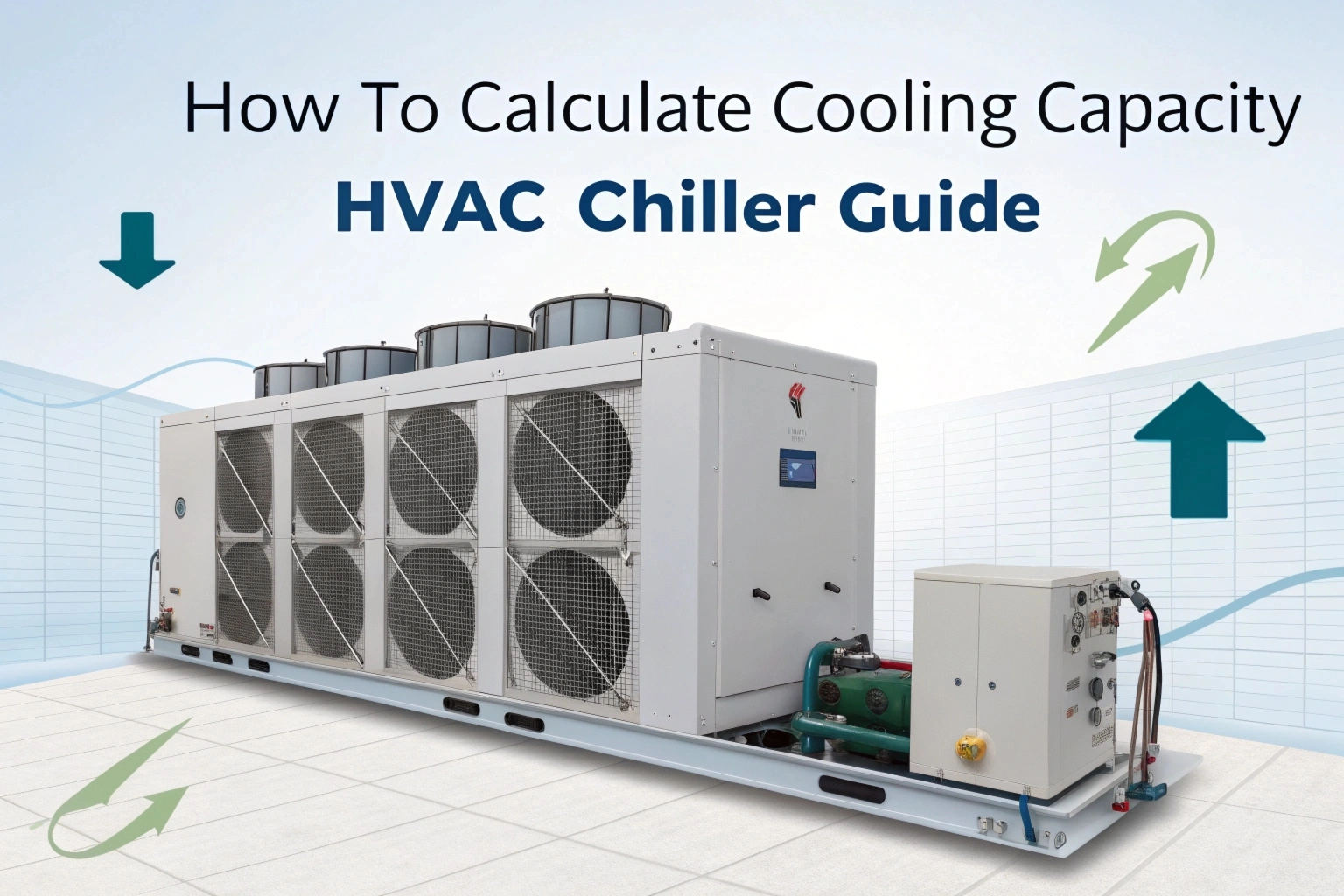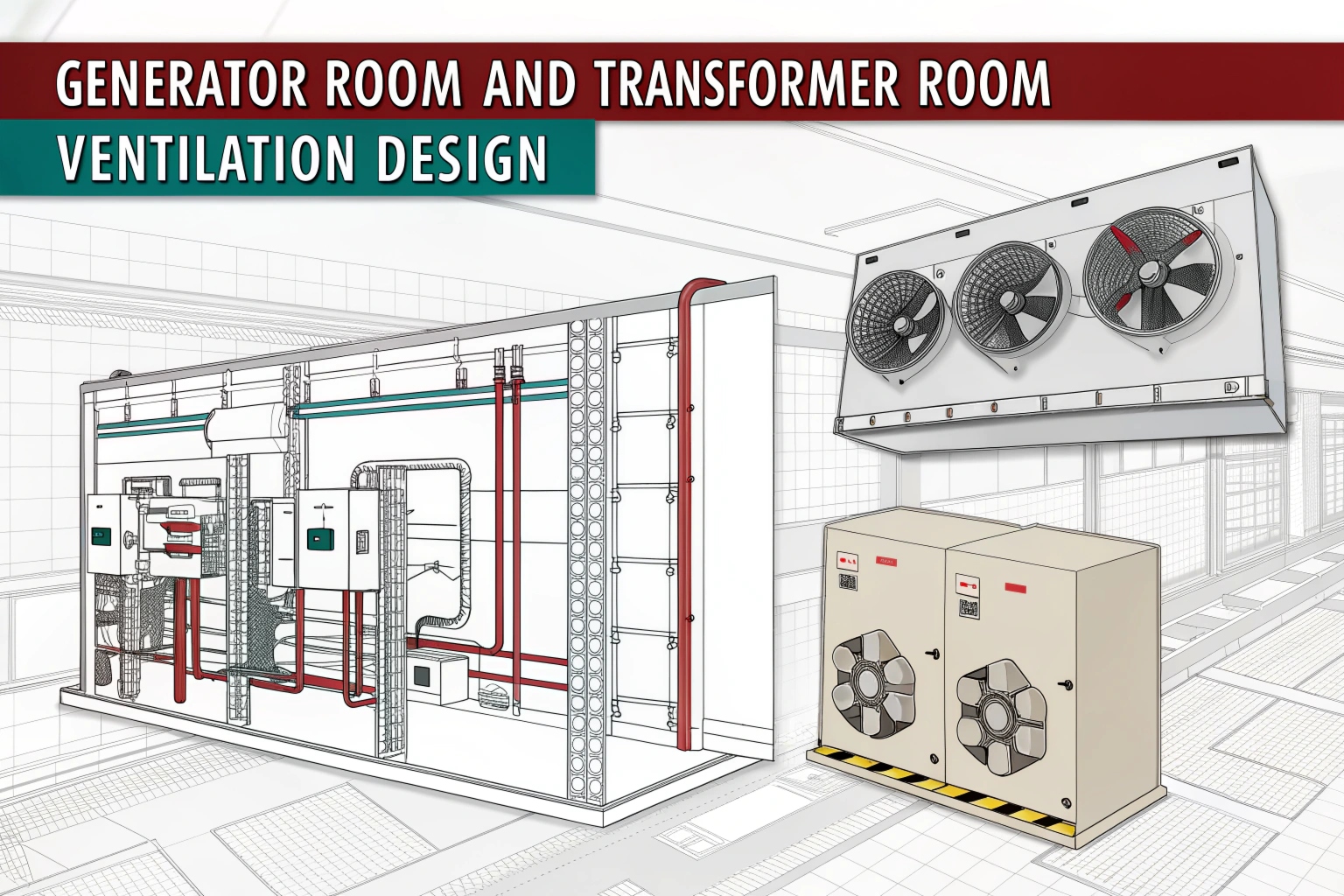Introduction
Can you combine AC and DC ground in a solar installation?
Safety and system efficiency remain the primary issues during the establishment of solar power systems. People wonder about the possibility of interconnecting AC and DC ground applications in solar power systems. The question appears straightforward despite having crucial effects on both safety protocols and system technical specifications. The fundamental knowledge of solar system grounding is essential for homeowners, electricians, and people interested in solar installations. The following post will provide basic information about safety recommendations when uniting AC and DC grounds.
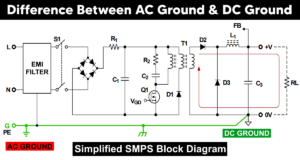
Why Grounding Is Important in Solar Systems
Any electrical installation requires grounding, most especially those based on solar power. It:
- The grounding protects your equipment from surge voltage incidents.
- Prevents electrical shock hazards
- Helps safely route fault currents
- The system must follow all required electrical codes when installed
Solar system grounding systems and their operations between alternating current (AC) and direct current (DC) components remain separate since each component functions independently. Under normal circumstances, it is essential to keep AC and DC sides isolated from each other, but certain grid-tied systems can connect them properly.
What Happens If You Combine AC and DC Grounds?
The usage of both AC and DC ground system elements is allowable in solar installations under specific design conditions.
Can you combine AC and DC ground in a solar installation?
Technically, yes—but only under very specific conditions. Improperly combining them can cause
- Ground loop problems
- Noise in your system
- Increased risk of fire or electric shock
- System malfunction
Inverters and charge controllers, which share a common ground, can likely experience a safe combination. The manufacturer’s guide and local codes should be followed in all situations.

Best Practices for Grounding in Solar Systems
To stay safe and compliant:
- Your first step should be checking the user manual of your inverter unit.
- Different grounding buses should be used if your system specifies this requirement.
- The connection of AC and DC pathways must wait for a professional assessment before proceeding.
- Talk to a licensed electrician together with a solar installation professional
- You should strictly follow the National Electrical Code (NEC) guidelines or regulations of your local country.
The improper handling of grounding procedures leads to fines as well as warranty voidance.
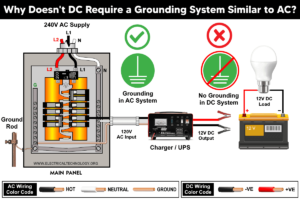
What the Experts Say
Can you combine AC and DC ground in a solar installation?
Professional opinion maintains that the mixing of AC with DC grounding should be avoided unless the system possesses specific requirements for such integration. Modernity has led to solar equipment engineers adopting built-in grounding features that eliminate the need for an electrical connection between AC and DC grounds. Professional inspections of your layout combined with recommendations for the safest configuration are the most appropriate option.
Conclusion
Solar installation systems allow the combination of AC and DC grounding when performed correctly with manufacturer-authorized equipment. Any ground connection between AC and DC can occur when equipment permits safe implementation. The safer approach for most systems involves maintaining their electrical systems independent from one another. The small array of grounding components in your solar system serves to protect your operations and equipment safety. Expert guidance along with superior components must be your choice whenever working with electrical safety and avoiding shortcuts.
Expand your knowledge today! Read our next blog post here! 📖

